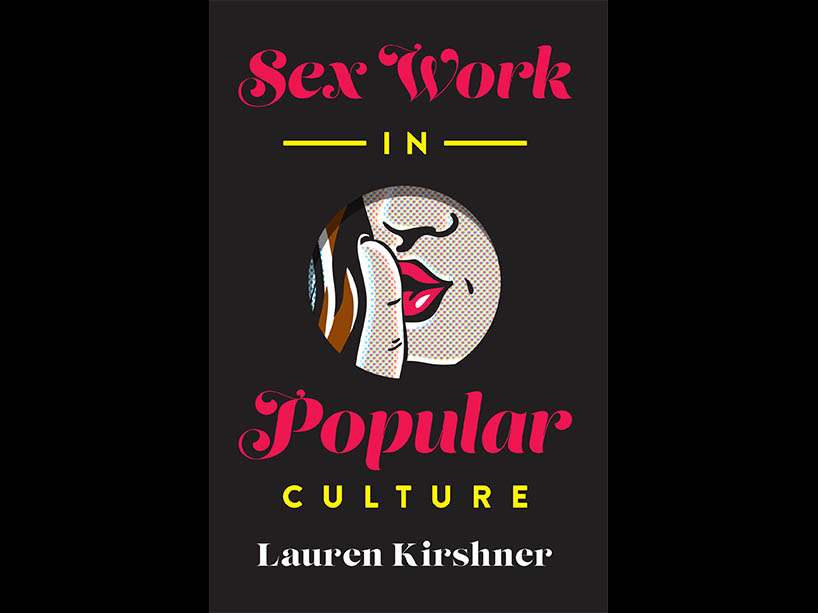How pop culture’s depiction of sex workers has changed for the better

English professor Lauren Kirshner’s book, Sex Work in Popular Culture, examines how sex workers working in six different occupations are portrayed in media.
From classic Hollywood films to modern day streaming shows, sex work has been depicted in popular culture for decades. But the portrayal of sex workers and the industry has changed drastically since those early years and it's a change for the better, says Toronto Metropolitan University (TMU) English professor Lauren Kirshner.
“Sex work is a unique profession because most people have no direct contact with those involved in it,” said Kirshner. “This gives pop culture disproportionate power, as it becomes our main source of understanding about this work.”
In her new book, Sex Work in Popular Culture (external link) , Kirshner examines recent media portrayals of six different occupations in the sex work industry. While historical depictions of sex workers were often glamorized as fantasy figures, Kirshner says today’s media includes more respectful portrayals that recognize sex work as labour, challenge tropes, and promote a better understanding of the issues surrounding the work.
As a stigmatized group, sex workers are vulnerable to violence and exploitation. Treating sex work as both legitimate labour and a human rights issue, in real life and in media, can help make the profession safer.
“Pop culture today asks us to consider how women who choose this work can do so more safely, have labour rights and power in their transactions, become entrepreneurial, and not be burdened by stigma," Kirshner said.
Researching sex work
Kirshner began researching pop culture while pursuing her PhD at TMU. Having grown up when sensationalized media depictions of sex workers were the norm, she became intrigued by the more nuanced portrayals emerging in the 2010s. “As sex work has gained global attention as a labour issue, popular culture has evolved,” Kirshner said.
“In the book, I explore how new pop culture, increasingly created by women and sex workers themselves, portrays six dynamic professionals—from erotic dancers to webcam models to sex surrogates—moving beyond the limiting binaries of sex work as simply ‘good’ or bad,’” she said.

Professor Kirshner’s new book found that pop culture today shows sex workers as complex women who can find benefits in their work while also facing dangers.
Kirshner studied over 100 pieces of media, from major films to indie documentaries. She also interviewed sex workers – people who have historically been excluded from academic research and media creation – to capture their own impressions of pop culture.
“No one understands better than sex workers what pop culture gets right or wrong about their work,” said Kirshner. “They’re also affected by pop culture portrayals. Stigmatizing depictions increase their challenges, while respectful ones empower them.”
She found today’s pop culture glamourizes sex work less often, instead showing complex stories of women finding benefits in their work while also facing dangers and labour challenges. The most nuanced films and television shows also depicted the fight for legal rights.
One series Kirshner points to as a dynamic depiction of sex workers is HBO’s The Deuce. The show explores the pornography and sex work industries from the 1970s into the present, with some characters inspired by real people. It tackles the impact of criminalization, and the toll misogynistic violence and stigma take on sex workers’ health and relationships. At the same time, it shows the opportunities that empower some women working in the industry, such as an adult film performer who becomes a feminist porn auteur.
For Kirshner, this shift in pop culture offers hope for an equal shift in reality. “Pop culture has the power to help shape how society views sex workers,” she said. “Stories told with respect and dignity—what all workers deserve—can make a significant impact.”
Related Stories
